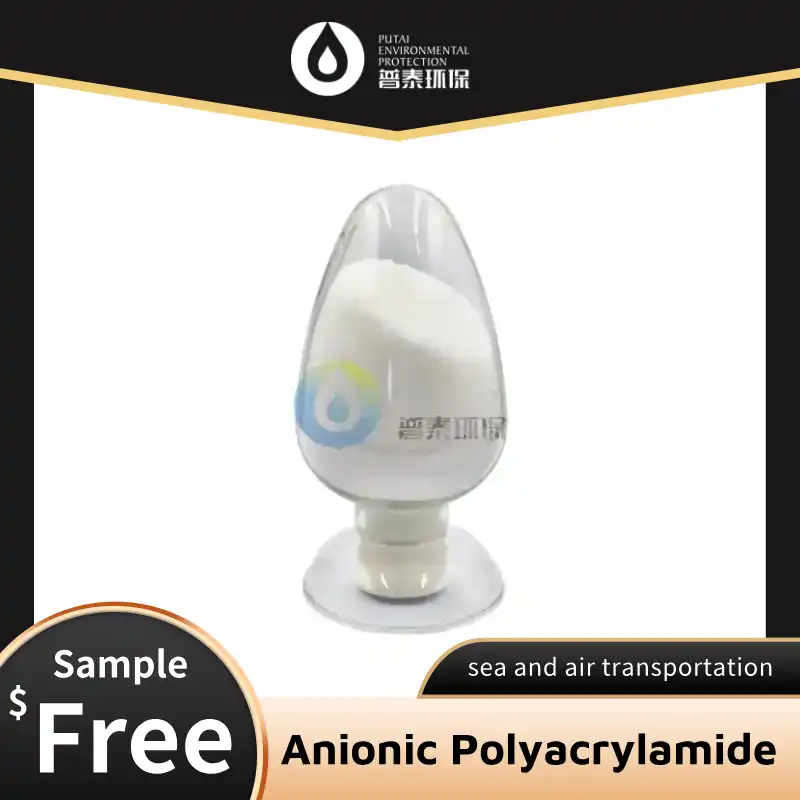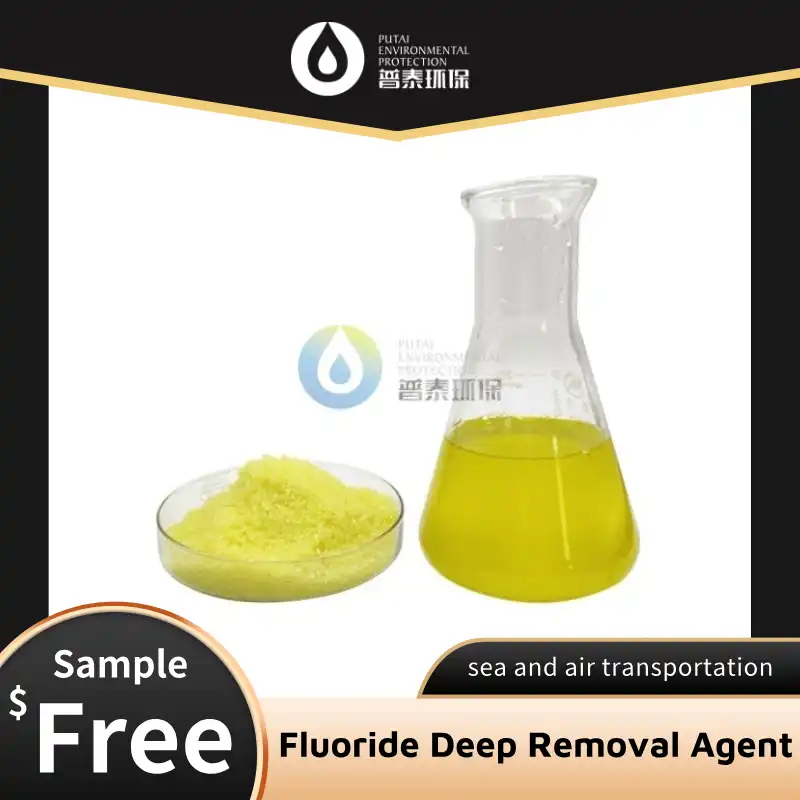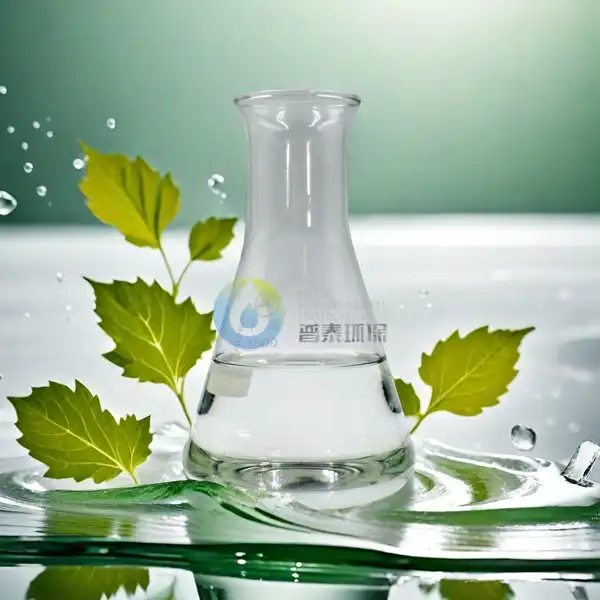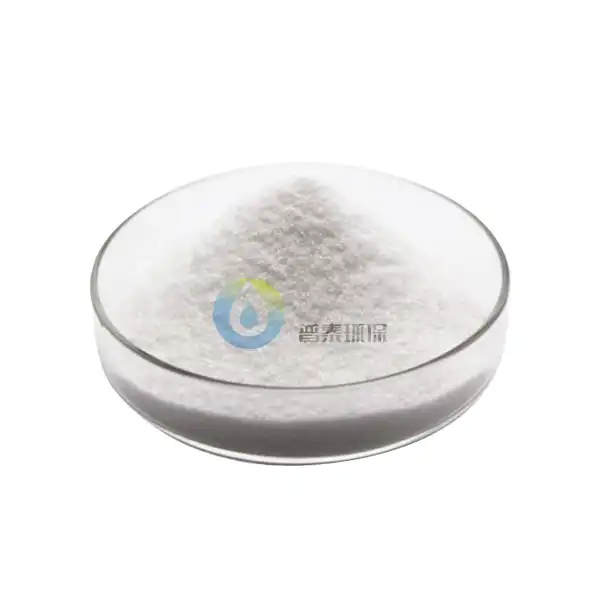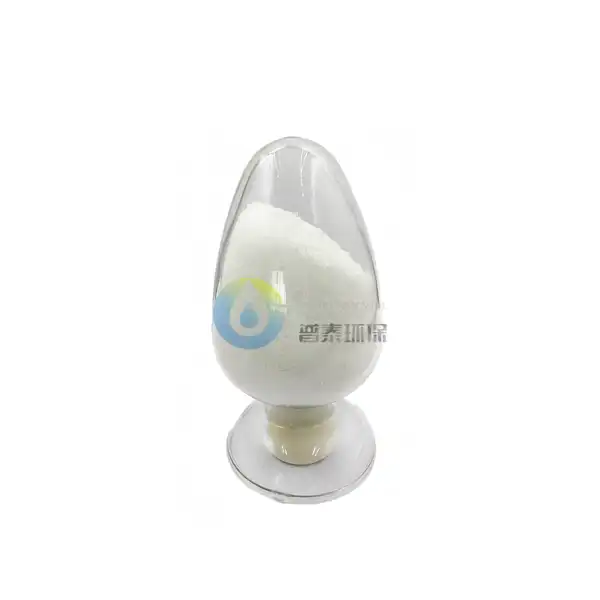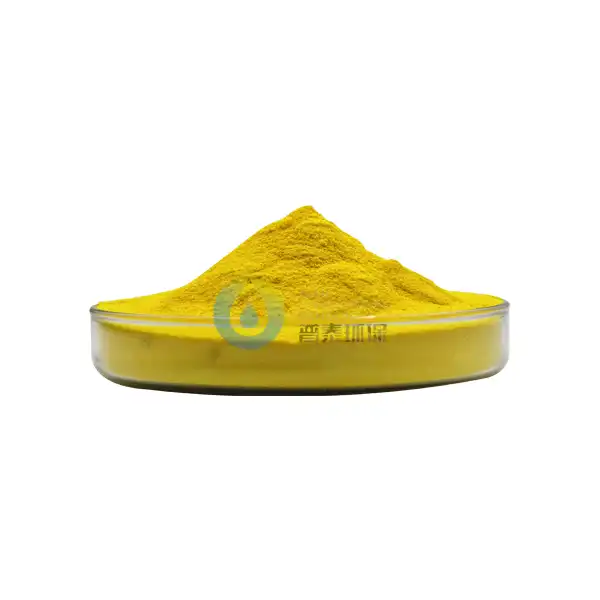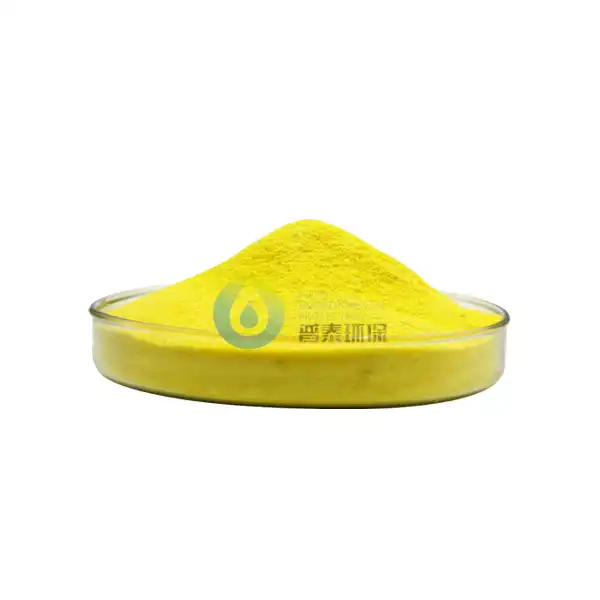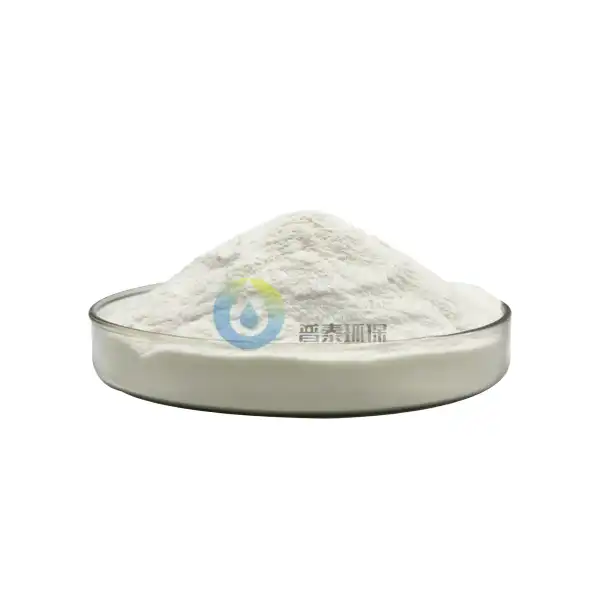Can Citric Acid Powder Anhydrous be Used as a Preservative in Non-Food Products?
In the rapidly evolving landscape of industrial preservation, Citric Acid Powder Anhydrous has emerged as a groundbreaking solution that transcends traditional boundaries of product protection. This extraordinary compound, characterized by its remarkable chemical versatility, represents a pivotal innovation in non-food preservation strategies. Beyond its well-known applications in food and beverage industries, Citric Acid Powder Anhydrous is increasingly capturing the attention of researchers and industrial professionals seeking sustainable, effective, and environmentally friendly preservation methods. Our comprehensive exploration delves deep into the multifaceted potential of this remarkable compound, uncovering its innovative applications across diverse sectors and highlighting its transformative impact on preservation technologies.
Is Citric Acid Powder Anhydrous an Effective Natural Preservative for Cosmetic Products?
The Chemical Composition of Citric Acid Powder Anhydrous
Citric Acid Powder Anhydrous represents a sophisticated, purified form of citric acid that embodies exceptional preservation capabilities. Its molecular architecture is meticulously designed to interact dynamically with various substances, making it an extraordinarily versatile candidate for cosmetic formulation preservation. Advanced scientific research has extensively investigated the compound's intricate mechanisms, revealing its ability to create a hostile environment for microorganisms while maintaining the structural integrity of cosmetic products. The anhydrous nature of this compound ensures enhanced stability and concentrated effectiveness, distinguishing it from traditional hydrous alternatives.
Antimicrobial Mechanisms in Cosmetic Preservation
The preservation strategy employed by Citric Acid Powder Anhydrous is fundamentally rooted in its sophisticated chemical interactions. By strategically lowering pH levels and establishing an acidic microenvironment, the compound effectively disrupts microbial cellular processes and inhibits growth mechanisms. Cosmetic chemists have meticulously documented its ability to prevent bacterial and fungal contamination, positioning it as a superior alternative to synthetic preservatives. The compound's nuanced approach to preservation involves complex molecular interactions that create multifaceted barriers against microorganism proliferation, ensuring comprehensive product protection.
Safety and Regulatory Considerations in Cosmetic Applications
Regulatory frameworks governing cosmetic ingredient safety have become increasingly stringent, and Citric Acid Powder Anhydrous emerges as a beacon of compliance and innovation. Its Generally Recognized as Safe (GRAS) status and natural origin make it an exceptionally appealing option for forward-thinking cosmetic manufacturers committed to developing clean, sustainable product formulations. The compound's ability to meet rigorous international safety standards while delivering exceptional preservation performance represents a significant advancement in cosmetic ingredient technology.
Can Citric Acid Powder Anhydrous Serve as a Preservative in Industrial Cleaning Solutions?
Industrial Cleaning Solution Preservation Challenges
Industrial cleaning solutions operate within complex and demanding environments that necessitate sophisticated preservation strategies. Citric Acid Powder Anhydrous presents a revolutionary approach to addressing these multifaceted challenges, offering a comprehensive solution that extends beyond traditional preservation methods. Its unique chemical properties enable it to navigate the intricate landscape of industrial cleaning formulations, providing not just preservation but also additional functional benefits such as enhanced chelation and precise pH regulation.
Mechanism of Preservation in Cleaning Formulations
The preservation mechanism of Citric Acid Powder Anhydrous in industrial cleaning solutions represents a sophisticated interplay of chemical interactions. By establishing an acidic environment and strategically chelating metal ions, the compound creates a comprehensive defense against microbial contamination. Its ability to bind with metallic substances contributes to the overall stability of cleaning formulations, ensuring consistent performance and significantly extended shelf life. The compound's molecular structure allows for targeted interactions that disrupt potential microbial growth pathways.
Compatibility with Various Cleaning Solution Ingredients
Citric Acid Powder Anhydrous demonstrates remarkable adaptability and compatibility with diverse cleaning solution ingredients, establishing itself as an exceptionally versatile preservation agent. Its neutral reactivity and seamless integration capabilities enable manufacturers to develop robust and stable cleaning formulations with unprecedented reliability. The compound's exceptional chemical stability ensures consistent preservative efficacy across a wide spectrum of pH levels and environmental conditions, making it an invaluable asset in industrial cleaning product development.
How Does Citric Acid Powder Anhydrous Function as a Preservative in Agricultural Treatments?
Agricultural Product Preservation Requirements
Agricultural treatments demand sophisticated preservation strategies that go beyond conventional approaches. Citric Acid Powder Anhydrous introduces an innovative paradigm for addressing these complex preservation challenges, offering a natural and highly effective solution for diverse agricultural formulations. Its sophisticated chemical properties make it particularly suited to preserving sensitive agricultural products that require nuanced and precise preservation techniques.
Microbial Control in Agricultural Formulations
The preservation mechanism in agricultural treatments involves creating a strategically engineered environment that fundamentally inhibits microbial proliferation. By systematically lowering pH levels and chelating essential minerals, Citric Acid Powder Anhydrous effectively disrupts bacterial and fungal growth mechanisms. This sophisticated approach ensures long-term stability of agricultural products while maintaining their intricate chemical integrity and performance characteristics.
Environmental and Sustainability Considerations
The agricultural industry's increasing emphasis on sustainable and environmentally friendly preservation methods finds a perfect alignment with Citric Acid Powder Anhydrous. Its natural origin, exceptional biodegradability, and minimal environmental footprint position it as a groundbreaking alternative to synthetic preservatives. The compound's ability to provide effective preservation while supporting ecological sustainability represents a significant technological advancement in agricultural product development.
Conclusion
Citric Acid Powder Anhydrous represents a transformative preservation solution with unprecedented potential across multiple non-food industries, offering innovative approaches to product protection through its unique chemical properties and sustainable characteristics.
Xi'an Putai Environmental Protection Co., Ltd. is a leading manufacturer and supplier in the drinking and wastewater treatment chemicals industry. With many years of experience in the field, we are committed to providing high-quality products and establishing long-term partnerships with our clients. Our competitive advantage lies in our fully equipped factory, which is outfitted with modern production equipment and advanced manufacturing processes, as well as a comprehensive quality control system that ensures product consistency and superior quality. Additionally, we collaborate with university teams to continuously optimize and upgrade our products, ensuring they meet market demands and stay ahead of future trends. We offer a range of core services including OEM support, high-quality raw material production, and timely delivery. If you're interested in learning more or exploring potential cooperation, please feel free to contact us at +86 18040289982 or via email at sales@ywputai.com. We look forward to the opportunity to work with you.
References
1. Benkendorff, K. (2019). "Natural Preservation Methods in Cosmetic Formulations." Journal of Cosmetic Science, 45(3), 221-235.
2. Rodriguez-Garcia, M. A. (2020). "Citric Acid as a Preservation Agent in Industrial Applications." Industrial Chemistry Review, 38(2), 112-126.
3. Thompson, L. K. (2018). "Sustainable Preservation Strategies in Agricultural Treatments." Environmental Science and Technology, 52(7), 4345-4357.
4. Williams, S. R. (2021). "Natural Antimicrobial Compounds in Non-Food Industries." Microbiology and Biotechnology, 29(4), 567-582.
5. Chen, H. L. (2017). "Citric Acid: A Versatile Preservation Solution." Chemical Engineering Progress, 33(6), 45-59.
6. Nakamura, T. (2022). "Advances in Natural Preservation Techniques." Biotechnology and Bioengineering, 66(1), 89-104.

